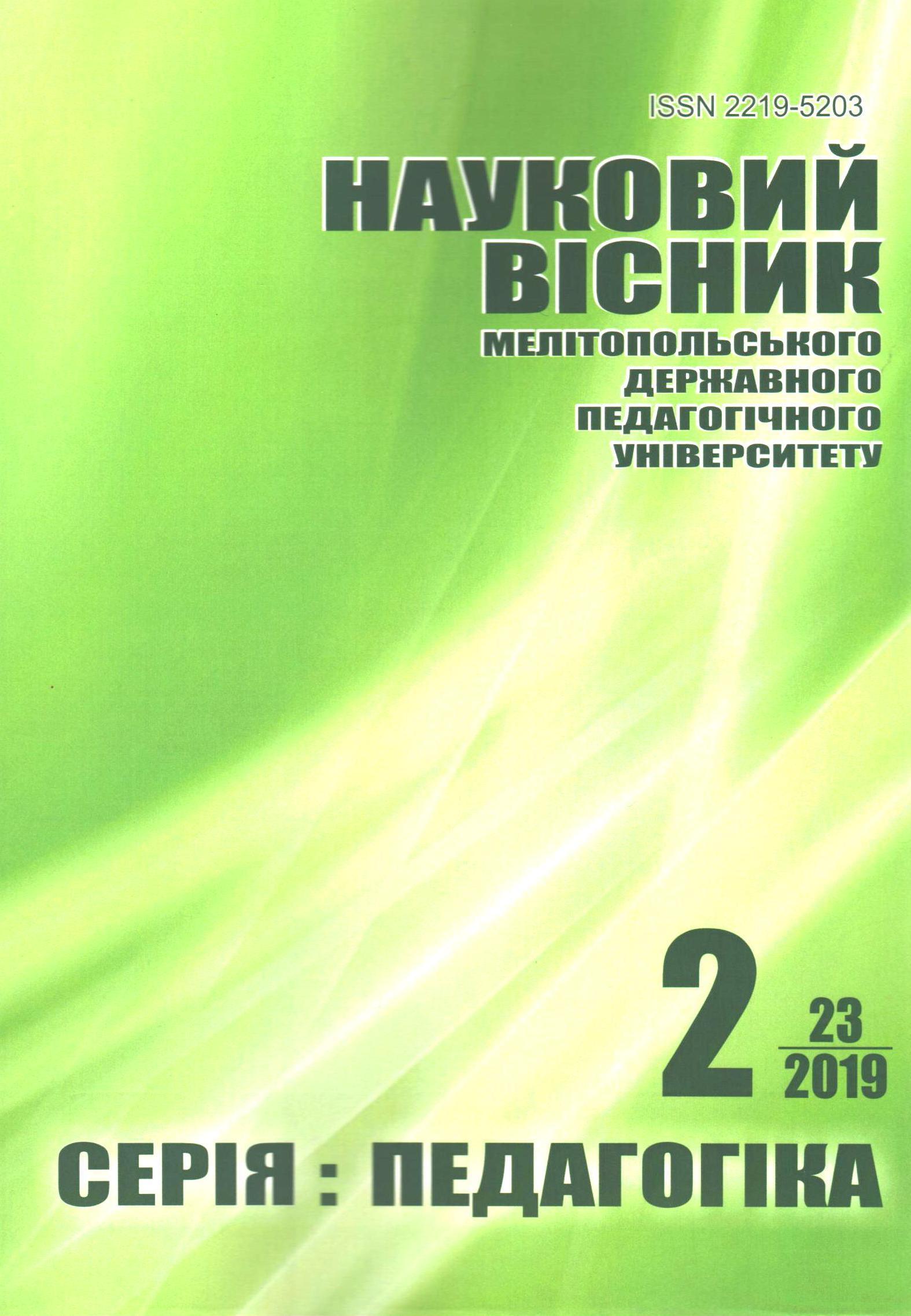Spiritual and value improvement of students of humanitarian specialties by means of fiction.
Abstract
The article describes the methods of formation of spiritual and moral values by means of fiction on the examples of writers of different eras. Historicism of artistic thinking is manifested in how well the artist understands the essence of the social and historical events depicted by him and reproduces the laws of social development. Historicism focused on individual nations, features of national history, national life, and the past of their homeland. Literature gives a person the opportunity to perceive and feel the world in a different way, to live a variety of other lives, to imagine themselves in different life situations, to experience different feelings, and thus get the necessary life experience. In our opinion, various methods should be used in practical classes on world literature on the formation of spiritual and moral values, namely: the method of discussion, the method of persuasion, the methods of approval and condemnation, the method of positive example and methods of formation of consciousness, including a story, explanation, explanation, lecture, ethical conversation, exhortation, suggestion, instruction, discussion, report, example. Among the methods, the following can be distinguished: setting an educational goal and arousing students ' needs for various types of activities; explanation of the methods of activity and mastering the relevant professional knowledge by future specialists; practical demonstration of the action to solve the set goal; comparison of criteria and indicators of a work of art with the processed artistic material. The formation of spiritual and moral values of students of humanitarian specialties in practical classes of world literature will be effective, thanks to the method of discussion, method of persuasion, methods of approval and condemnation, the method of positive example and methods of formation of consciousness, including a story, explanation, explanation, lecture, ethical conversation, admonition, suggestion, instruction, debate, report and example.




